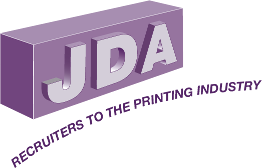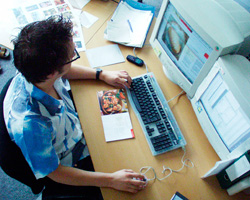This is your personal characterisation – it’s your opportunity to present or “sell” yourself – customised to the job in question. It should address the various specifics of the role as outlined in the job ad.
In it, you are entitled to “accentuate the positive”, i.e., include all your achievements, strengths and those skills which you believe make you an ideal candidate for the job. In this competitive job market, it is not enough merely to send in a resume – without a covering letter – specifically aimed at the job. In preparing the covering letter, it is better to use terms that specifically describe your unique style and achievements.
Avoid clichés such as “team player”, “loyal”, “hard working”, etc. (Everyone claims that, but nobody believes it.) Also, if you do use terms such as “pro-active” or “quick thinking” you should provide examples, or an employer will suspect you of including them just to “look good”. It’s also unhelpful to include terms such as “I think I’d be good at …” or “I’m a fast learner”.
Remember! The resume is a factual historical document or “laundry list”, whereas the cover letter can be a more informal word picture, painting a picture in the mind’s eye, and indicating where you wish to go in the future. It should also convey some passion about why you wish to apply for this role.
For example, it’s not unusual for a production person (eg a printer or Mac operator) to wish to move into sales or customer service. In such cases it’s useless to send JUST a resume – particularly if you wish to make a significant career change (eg from production to sales).
You must anticipate the employer’s needs by citing instances or examples of skills or abilities, which you believe are “transferable”. For example, an experienced printer may have – conducted customer-press checks; he may have had to motivate his team by persuasive methods; he may be on the school P&C committee. All these qualities may be taken as an indication this person has strong people/communication skills – which MAY lead the employer to give him a go!
However, only the candidate knows his/her own strengths, skills, proven abilities and past (relevant) achievements. Therefore only the candidate can produce such a draft document. I don’t mind making helpful suggestions if necessary, but the original divine inspiration must come from YOU!


